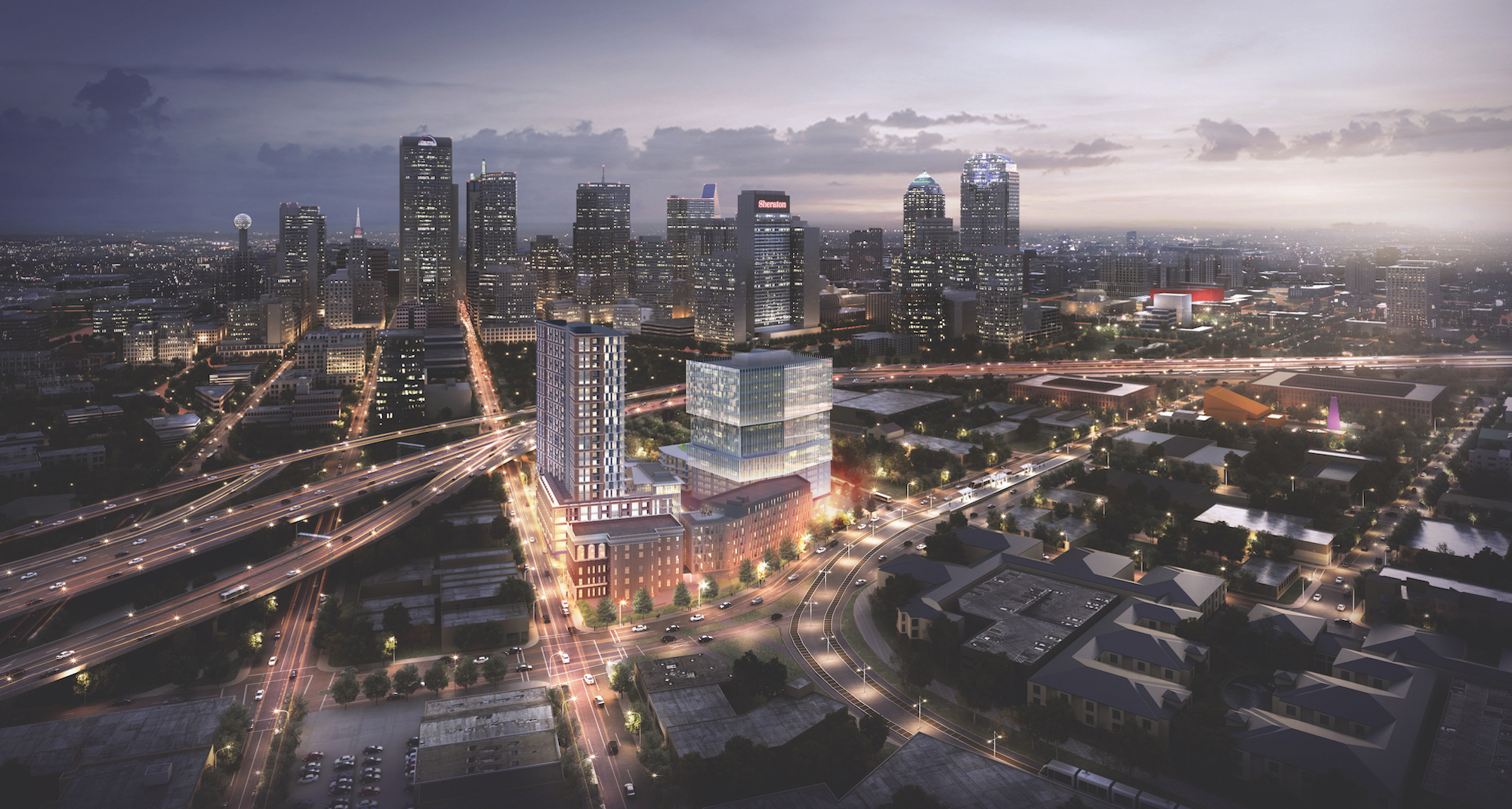Uber, Dallas’ new favorite corporate neighbor and the recipient of a $24 million incentive package to move to Deep Ellum, has made it easier for drivers to discriminate against passengers by changing a key aspect of how their app works. Until now, drivers were only able to see the origin of potential riders, not the destination. This helped keep drivers from cherry picking long and lucrative rides or avoiding passengers whose destinations were in neighborhoods drivers might see as less-than-desirable. But in a response to a new California law that attempts to regulate the tech industry, the ride-share company has changed its app to allow drivers to obtain more information about their potential rides.
At the heart of the change is the way the new law attempts to improving working conditions for “gig” economy workers, including Uber drivers, by making it more difficult for companies like Uber to claim their drivers are not employees, but rather independent contractors. However, the more info drivers have about each ride they choose to provide, the logic goes, the more Uber can claim the drivers are, in fact, contractors and not gig economy serfs.
So far, drivers appear like the change, because it does grant them more autonomy and the ability to choose trips that might earn them the most money. But a number of officials are concerned that the change will open the door to real or implicit bias against communities of color. Drivers may avoid trips headed to neighborhoods that are perceived to be undesirable or offer less of a chance for a quick trip, says Jeff Tumlin, San Francisco’s new transportation agency chief. Tumlin, you may remember, served on the former-Mayor Mike Rawlings’ Trinity River “dream team.”
“[A]llowing drivers to choose trips based on destination creates the opportunity for actual and unconscious racial bias, which could result in all the mobility gains created by Uber and Lyft to be lost for people of color.” While Tumlin sees potential operational improvements from drivers accessing better destination information, “I will not trade off equity for efficiency.”
Add this latest flap to the growing list of Uber grievances. The company has been knocked for having a unsustainable business model, insufficient safety measures, and a predatory relationship to its workforce. It is also not the first time the ride-sharing has been dinged for alleged racism.
Many of these problems could be solved if the company actually treated its drivers like employees, extended them basic workforce protections, initiated background checks to help keep riders safe, and was subject to regulatory oversight that could improve safety. But then, that would eat into Uber’s competitive advantage against the taxi industry. Uber is a poster child for the way many of the technological innovations driving the “gig” economy don’t revolutionize the essential services they offer–transportation, delivery, cleaning, etc.–they simply make it easier to hide the exploitation that underpins their convenience.





